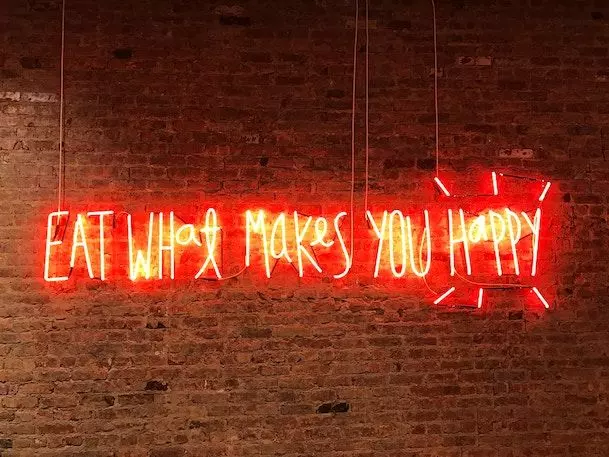New year, new me is something we always hear during the first month of the year. Some of us may be tired of listening to our friends and family about their new diet or workout plan. Some of us are also probably in those new diet or workout plans. Regardless of where we stand on this topic, one thing is for certain: We live in an era of dieting and social media is its driving force.
With the right hashtag, you’ll instantly find posts on diet, health, or fitness. We see so many foodie posts, health bloggers, or fitness gurus on social media who promote different dietary trends like a juice cleanse, keto diet, clean eating, or plant-based diet.

To avoid confusion, we’ve gathered some of the most important dieting trends.
- Paleo diet – Also referred to as “caveman diet” is all about eating foods that were available to cavemen. The simplified theory is that the modern way of producing and processing our foods are harmful to our well-being. WHAT TO EAT: meat, fish, nuts, seeds, fruits, vegetables, minimally processed sweeteners (raw honey, maple syrup, coconut sugar), and Select fats and oils (coconut oil, olive oil, avocado oil, lard, tallow, ghee/butter). WHAT NOT TO EAT: grains (which include corn), legumes, and most processed foods.
- Keto diet – Keto, which is short for ketogenic, is a diet plan that focuses on inducing ketosis through a calculated adjustment of dietary macronutrients. Here’s a quick breakdown of the keto diet: fat: 60-80%, protein: 20-30%, carbohydrates: 5-10%. This diet’s purpose is the metabolic breakdown of fat in the body.
- Clean eating – Clean eating is a growing movement that promotes eating fruits, vegetables, whole foods, and unrefined and unprocessed foods.
- Vegetarian diet – Generally speaking, a vegetarian diet consists of fruits, vegetables, grains, pulses, seeds, and nuts. But there’s a minority of vegetarians who consume dairy and eggs.
- Vegan diet – Often considered the purest form of vegetarianism, a vegan diet is a lifestyle that excludes all forms of animal exploitation and cruelty as much as possible, according to the Vegan Society. Vegans do not consume animal flesh, dairy, eggs, gelatin, and honey among other animal-derived ingredients.
But how has social media affected our food consumption?
While there are segments of professionals and social media users that say social platforms like Facebook and Instagram have created unrealistic expectations of health and fitness. We may think that healthy eating and fitness are unachievable. What makes diet culture on social media difficult is that the idea of “healthy eating” mostly equates to being thin and eating certain foods only.
On the other hand, many social media profiles have inspired thousands of people to stay fit and healthy. From learning new healthy recipes or watching inspiring workout videos, social media provides the positivity that boosts peoples’ morale and motivates them to push through and to stick to their health and fitness goals.

Looking for new recipes or food inspiration? Here are some famous influencers who need to be under your radar.
Olive.eeeats
After being hospitalized for idiopathic angioedema, Olivia Noceda decided to improve her health. She chose to eat and live better, and it’s documented on her Instagram. From her vegan cheddar charcuterie board to egg scramble on gluten-free bread, Olivia serves you nothing but all the realness.
The Flexible Foodie
Britt Berlin started The Banana Diaries in 2017 after she quit her corporate job. As a food blogger, Britt is known to create foods that aren’t only pretty and delicious, but also vegan-friendly, paleo-friendly, and gluten-free.
Healthful Pursuit
Started by Leanne Vogel, the healthful pursuit is the place to find all the motivational quotes and keto-friendly meals you need in your life. Join the love rebel as you open your life to new experiences and delicious healthy keto meals.
Against all Grain
Danielle Walker embraced a grain-free diet after being diagnosed with an autoimmune disease. If you’re looking for inspiration and motivation to create your own grain-free, dairy-free, and gluten-free meals.
Starting your own health and wellness blog? Here are some important tips!
- Make sure you’re passionate!
- Have a unique take on food
- Practice your photography skills
- Stay active in the food community
- Don’t quit your day job!
Ready to get going with your health and wellness blog/social media profile? Hit us up and let us know how we can help.













Leave a Comment
Comments (0)